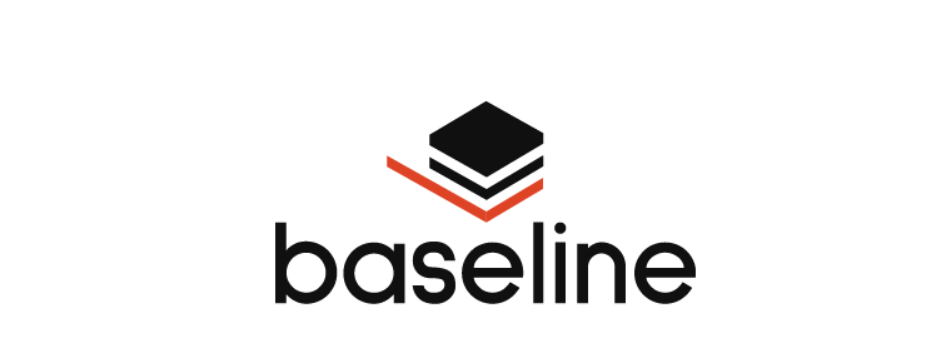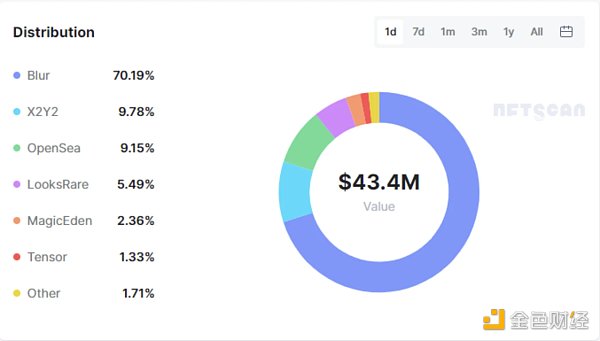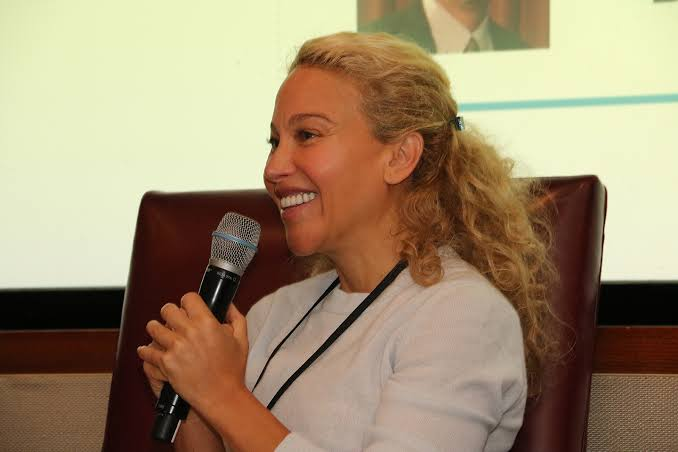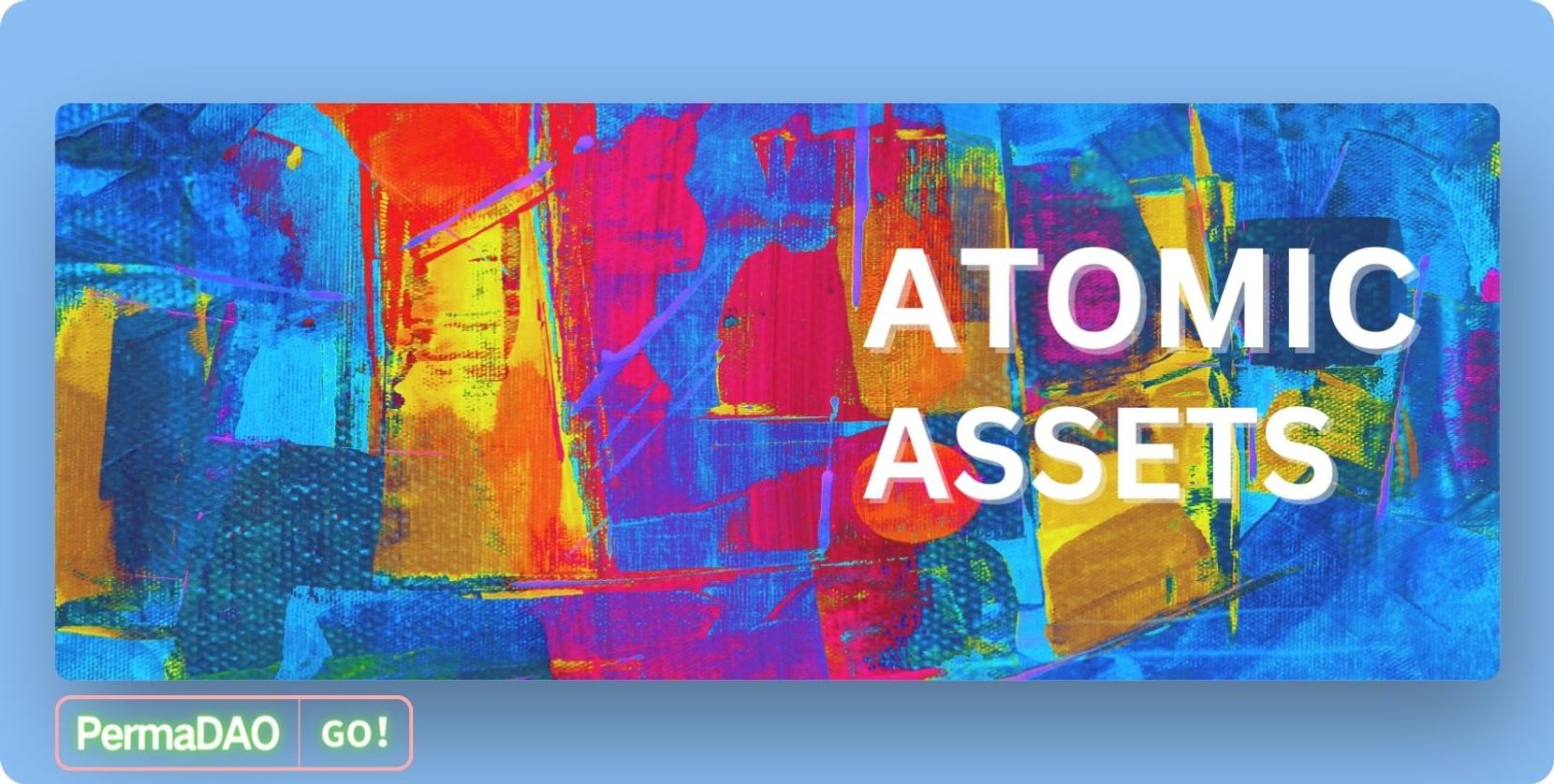EY and ConsenSys announce the launch of the baseline protocol to ensure the safe and efficient use of the Ethereum mainnet by enterprises

EY and ConsenSys announce a partnership with Microsoft to launch a baseline agreement. The baseline protocol is an open source project that combines cutting-edge encryption technology, message transmission, and blockchain technology to provide secure and private business processes on the Ethereum mainnet at a low cost. The agreement will guarantee the privacy and complexity of cooperation between enterprises, and will not leak any sensitive data on the chain. The baseline protocol is managed by the Ethereum-Oasis project, which is a project of OASIS and is jointly funded by the Ethereum Foundation and the enterprise Ethereum Alliance.

In mid-2019, EY, ConsenSys, and Microsoft jointly launched a supply chain project called Radish34, which uses the Ethereum public chain to calculate the quantity discounts of different orders in real time. The Radish34 project has derived a baseline agreement and expanded the application of blockchain technology.
- Research | Interpreting the Prediction Market: Why is "stacking" important?
- Reflections on the "Wei Union Deletion Event": the advantages of blockchain technology and the disadvantages of blockchain industry
- Defi Attack: Open Finance for Open Finance
Paul Brody, Head of Global Blockchain at Ernst & Young, said: "In the past two years, we have been committed to promoting the privacy and security of public chain transactions. We have laid the foundation in the previous period and are now continuously filling loopholes, such as corporate directories and Private business logic, etc. to ensure end-to-end security for processes such as corporate procurement. "
John Wolpert, executive of the ConsenSys Group responsible for the mainnet of the enterprise, said: "Many people regard the blockchain as a database for recording transactions, and we have changed our thinking and used the blockchain as middleware, so that the advantages can be avoided. . "
At present, more than a dozen companies and organizations have joined the baseline agreement and will form the technical steering committee (TSC) of the agreement, including ConsenSys, EY, Microsoft, AMD, Chainlink, Core Convergence, Duke University, Envision Blockchain, MakerDAO , Neocova, Splunk, Unibright, Provide, and W3BCLOUD.
The agreement will support the issuance of tokens and decentralized financial services on the Ethereum mainnet. Unauthorized users on the mainnet will not be able to see corporate assets and activity information, and corporate data will still be securely stored in traditional off-chain systems. ERP, CRM, and other enterprise system providers may optimize their products and services for the baseline agreement in the future, but the application of this agreement does not require any modification to the legacy system.
The baseline protocol provides huge business opportunities for solution providers, enterprise system vendors, and cloud service providers. Yorke Rhodes, Project Manager, Microsoft ’s Blockchain Department, said: “Microsoft ’s Azure has developed several mature blockchain solutions that allow users to use blockchain technology directly on the full stack. For the Ethereum mainnet, our solutions are available in While ensuring the scale of enterprise cloud services, data security is also guaranteed. Under the baseline agreement, solution providers will have the opportunity to provide new value to enterprises and bring better products and services to our customers and partners who have served us for many years.
We will continue to update Blocking; if you have any questions or suggestions, please contact us!
Was this article helpful?
93 out of 132 found this helpful
Related articles
- Perspectives | DeFi Insurance Design: Always Start with General Equilibrium and Reduce Systemic Arbitrage
- On the road to industry, how does a decentralized blockchain replace the centralized Internet?
- Viewpoint | Blockchain is the only way to realize the digital economy in cyberspace
- Weekly | FCoin incident continues to ferment, 12 listed companies disclose blockchain business
- Viewpoint | What is the first principle of decentralization of blockchain?
- Interpretation of the Central Bank's "Technical Specifications for Financial Distributed Ledgers"
- Protocol Lab's latest keynote: Internet pioneers are talking about distributed networks






